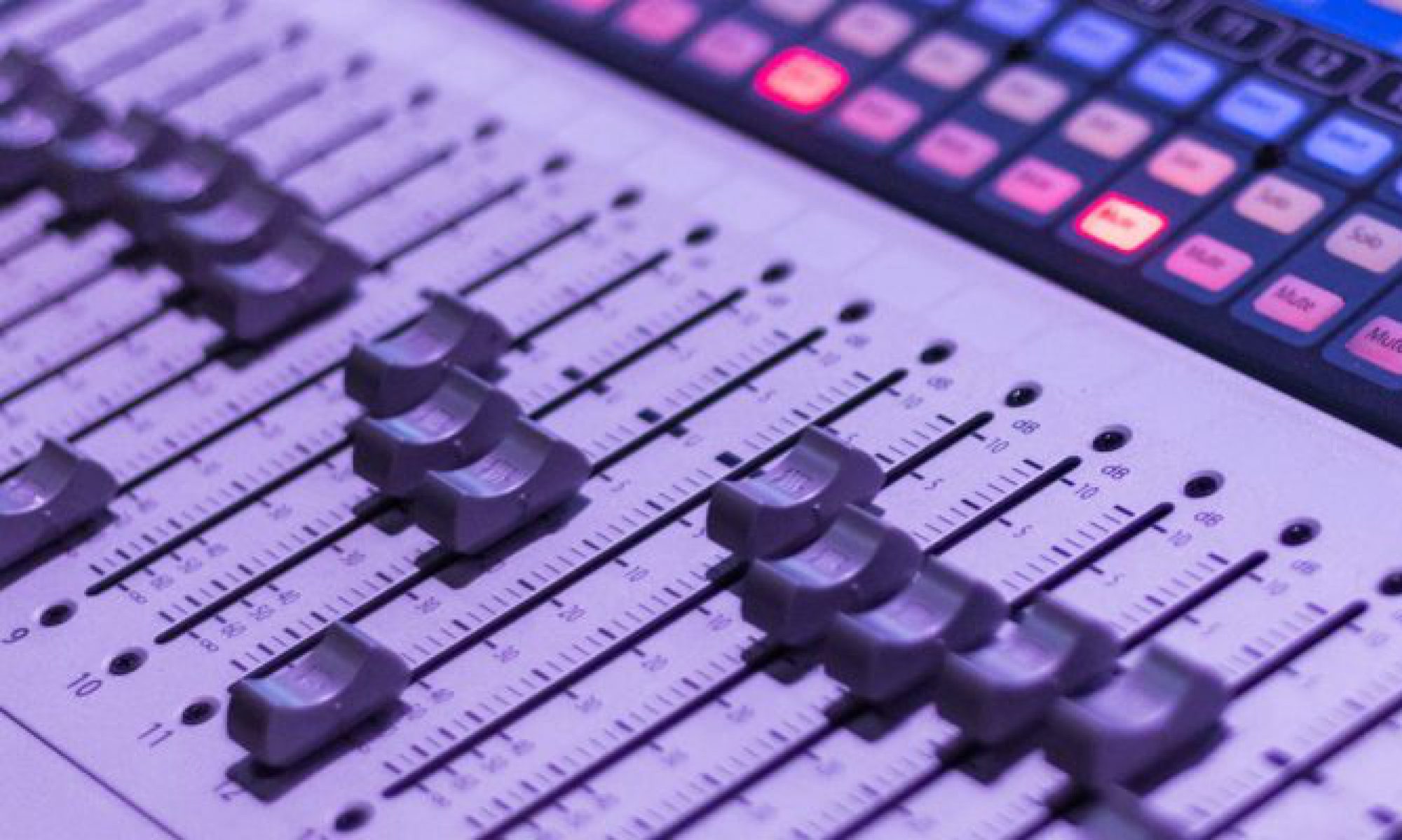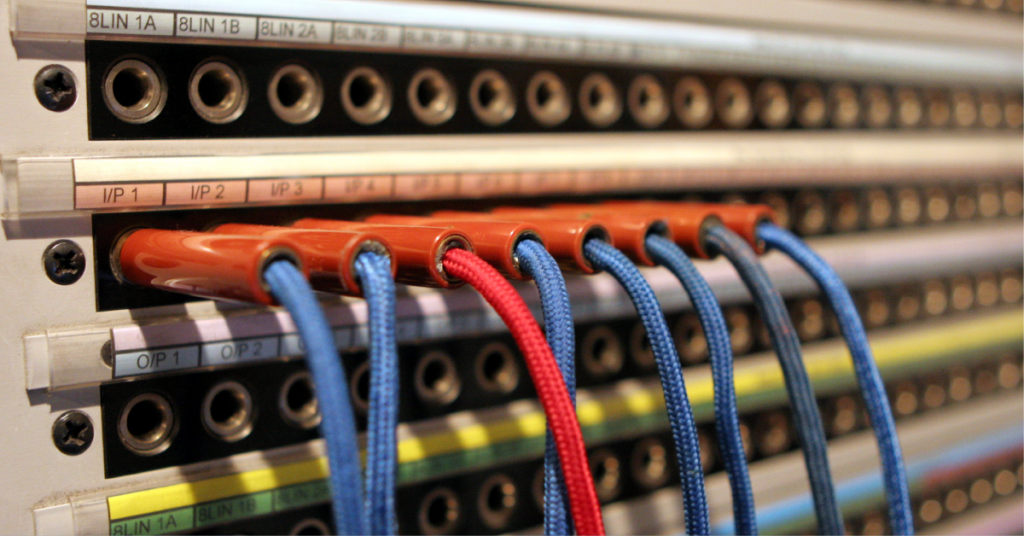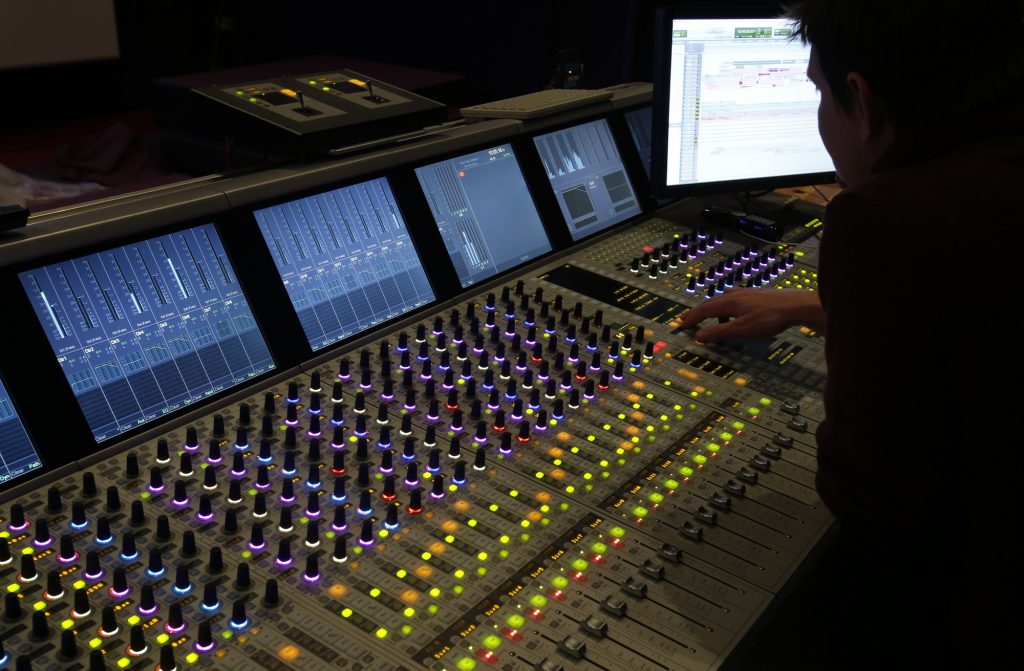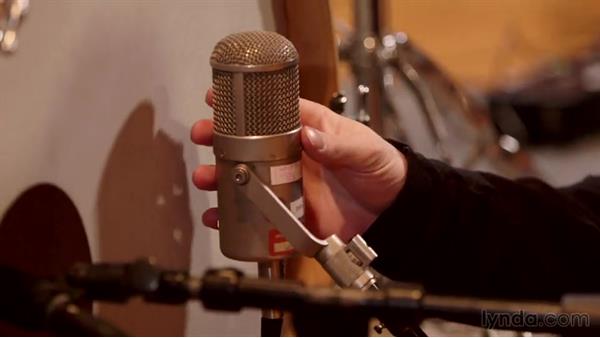Well to start off 2020 I really wanted to do a series that, at least initially, my experience is built upon. As soon as I was going solo for audio and acting as an A1 I was working in a college environment doing outdoor gigs, last minute coffee shop gigs, etc. This meant I barely had enough time to get the stage patched let alone any time to really dial in a mix. The great thing about those gigs is that no one expects perfection and being outdoors or in super tight spaces there is a bit of forgiveness applied to the mix. I am calling this series “Guerilla Mixing” because sometimes you don’t get all the time in the world to prepare. Sometimes we all faced with circumstances that force us to prioritize doing what will make the largest difference first and hopefully get to the little stuff at one point. So we are left prioritizing what gets done before the event starts.
So you’ve been called to run sound for a gig, big or small, with short notice and a fast load-in. What do you do first? After everything is wired up and working initially (you can have a patch list but with speed comes change so its likely you’ve had to change your plan) it’s time to get the console setup. Hopefully you’ve had some experience with the board or were able to research a bit. The first thing I like to do is organize the board. If it’s an analog console I’ll rearrange the patch so that things are organized in a way that I’m used to. Likewise, if it’s digital, I go right to the user setup and customize the fader layout so that from the outset, things are where my muscles and brain thinks they should be. If there is a scribble strip, digital or board tape, I always take the time to fill it out. Memory is great but often labels are faster. Take that time to label things so in the heat of the moment you aren’t having to think through how you patched something.
When you’re done getting the inputs and faders setup, it’s time for VCAs. If you don’t have VCAs, mute groups it is. The idea with this is that you likely will not have time for scenes so you need easy ways to not only control groups of inputs but also to turn them on and off quickly. Groups also work for this but since they are summing engines you have to be careful how you use them. I love using VCAs because everything is adjusted proportionately when I pull that fader instead of being summed first than lowered as it is with groups. Even with VCAs, if I know it’s going to be a crazy night I’ll create some basic mute groups to help with those transitions. I create mute groups for non-leader vocals, a mute group for FX returns, a mute group for any media inputs, etc. Having this stuff (VCAs and mute groups) laid out nicely really helps to get you going with your mix and gives you the tools to really mix, even in a crude way. Because you’re setup, even crudely, go ahead and get a mix going. Just focus on the basics, can you hear the important stuff? What about the vocals? Stick to just using the faders here, don’t get bogged down in the details. Remember, speed is what we are after. If you absolutely have to make a quick EQ change or roll in a hpf/lpf filter do so but try not to spend too much time with that.
I want to point something out, I haven’t really gotten to EQ, filters, dynamics, etc yet. Why? Because faders make the biggest difference in any mix. Yes, EQ and dynamics are incredibly important, but in a game of speed and priorities, set yourself up to make the biggest changes first and work towards the smallest sometimes even imperceptible changes last.
In the last step for this week, I’m betting you noticed while you were getting things setup and hearing stuff through the PA for the first time that there are mics that could be placed different or might need a bit of tweaking. Take the time right now to go fix that stuff. Next to the fader, the source (and cleaning it up) makes a big difference in your mix. One example might be in your drum set. If the snare mic has fallen down and is now pointed at the side of your snare or sitting on the drum head, just fixing that problem will do wonders for how your snare will sound. This isn’t a mic but perhaps the keyboard is just pegging out the input, clipping, etc, and the band just cant turn it down enough, engaging a pad will make a big difference in monitor world and allow you to open up the pre-amp a bit on the console. These seem like small problems but if you can take a few minutes, walk around on the stage, ask your band about their monitors and fix any stray mics, your sound will be better, I promise. Lastly, on your way back to the board, stop and walk around the space a bit. Get a feel for how it sounds and then go straight to FOH and listen critically. Doing this will help you make better mix decisions and start to discern what you need to be doing to the mix so it sounds great everywhere. Ideally you’d do this often but sometimes time is tight so just doing it once is all you can do but don’t let yourself get to a point where you don’t go where people are going to be at least once.
That is it for this week, next week we’ll dig into quick and dirty EQ tricks, getting compression dialed in expediently, etc. My process I’m sure is quite different than yours but my idea to convey this week is to really prioritize doing the things that will make the biggest difference in your mix. Getting organized, fixing mics, etc are all things that are the foundation of your mix which if they aren’t solid, you’ll just have issues that follow. Take the time to lay a good foundation to work with. If you have any questions about what I’ve just talked about, just leave a comment below or on Facebook. Alternatively you can always email the team here (engineers@studiostagelive.com) and we will respond ASAP. Also, be sure to not miss out on the coming weeks by going to this link and subscribing to this blog so you can get an email when a new post goes live each week. Happy mixing!



